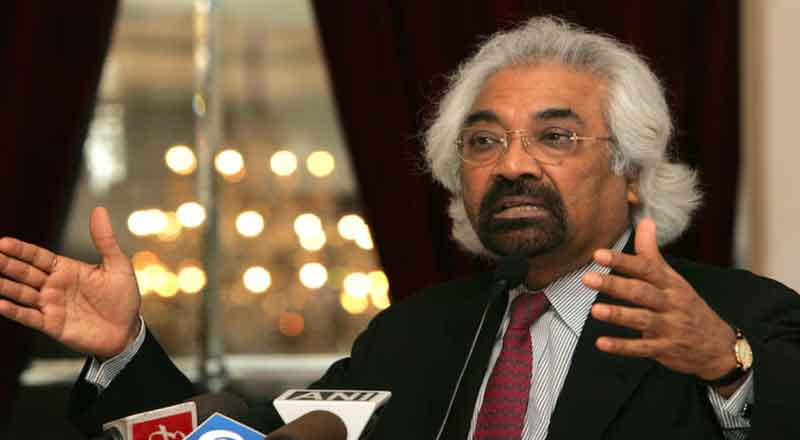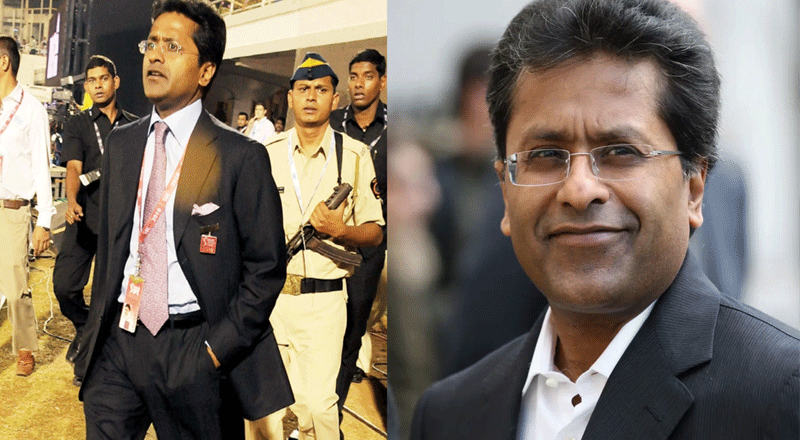Sam Pitroda, a prominent figure in Indian politics and a close ally of the Gandhi family, has been reinstated as the chief of the Indian Overseas Congress. This decision comes months after Pitroda resigned from the position following a series of contentious remarks that sparked political outrage and provided ammunition for the Bharatiya Janata Party (BJP) to attack the Congress. Pitroda’s return to leadership has drawn sharp criticism from the BJP, who have accused the Congress of using his resignation as an election tactic.
Return to Leadership:
Sam Pitroda has been reinstated as the head of the Indian Overseas Congress, marking a significant comeback after his resignation. His reappointment was announced by the Congress on Wednesday, signaling a new chapter for the party.
Controversial Comments:
During the Lok Sabha election campaign, Pitroda made remarks about inheritance tax, suggesting that wealth should be partly redistributed to the public upon an individual’s death, which drew widespread criticism. These comments created a major controversy and put the Congress party on the defensive.
Racial Remarks:
Pitroda also made comments suggesting that people from different regions of India resemble various ethnicities. The BJP condemned these remarks as “racist and divisive,” further fueling the controversy.
BJP’s Reaction:
The BJP responded quickly to Pitroda’s reappointment, with BJP IT cell chief Amit Malviya commenting on X that Pitroda’s return is a sign of Congress’s insincerity and a manipulation of public perception. The BJP criticized Pitroda as a “tormentor of the middle class” and accused the Congress of using his resignation as a mere poll gimmick.
Congress’ Stand:
Congress general secretary Jairam Ramesh stated that Pitroda has clarified the context of his controversial statements to the party leadership. The Congress assured that Pitroda would avoid similar controversies in the future and continue to play a crucial role in the party’s overseas operations.
Political Implications:
Pitroda’s reappointment has raised questions about the Congress’s commitment to addressing the issues that led to his resignation. The BJP’s continued criticism suggests that Pitroda’s return will remain a contentious issue in Indian politics.
Background
Pitroda stepped down as the Indian Overseas Congress chief on May 8 after making controversial comments that provided the BJP with an opportunity to criticize the Congress during a crucial election period. His resignation was seen as an attempt to mitigate the political damage caused by his remarks.
As a trusted confidant of Rahul Gandhi, Pitroda holds significant influence within the Congress party. His opinions and actions play a crucial role in shaping the party’s strategies, especially in international contexts.
Controversial Statements
Inheritance Tax Comment:
Pitroda’s comparison of Indian inheritance tax laws to those of the United States, where a significant portion of wealth is transferred to the public upon an individual’s death, was criticized as being out of touch with Indian realities. His comments sparked a debate on wealth distribution and the role of government in managing inherited wealth.
Racial Analogy:
Pitroda made a controversial analogy about the diverse appearances of people from different regions of India, which the BJP condemned as divisive and inappropriate. The remarks were seen as undermining the unity of India’s diverse population and sparking unnecessary controversy.
BJP’s Criticism
The BJP claimed that Pitroda’s resignation was a strategic move designed to deflect criticism during the elections and that his reinstatement reveals the Congress’s hypocrisy. The party highlighted that Prime Minister Narendra Modi had anticipated Pitroda’s reinstatement, suggesting a lack of genuine intent from the Congress.
Sam Pitroda’s reinstatement as the chief of the Indian Overseas Congress has reignited political controversy. The BJP’s harsh criticism and the Congress’s defense underscore the continuing tensions in Indian politics. As Pitroda resumes his role, the implications of his reappointment will likely continue to influence the political landscape and public discourse in India.
(With inputs from agencies)





